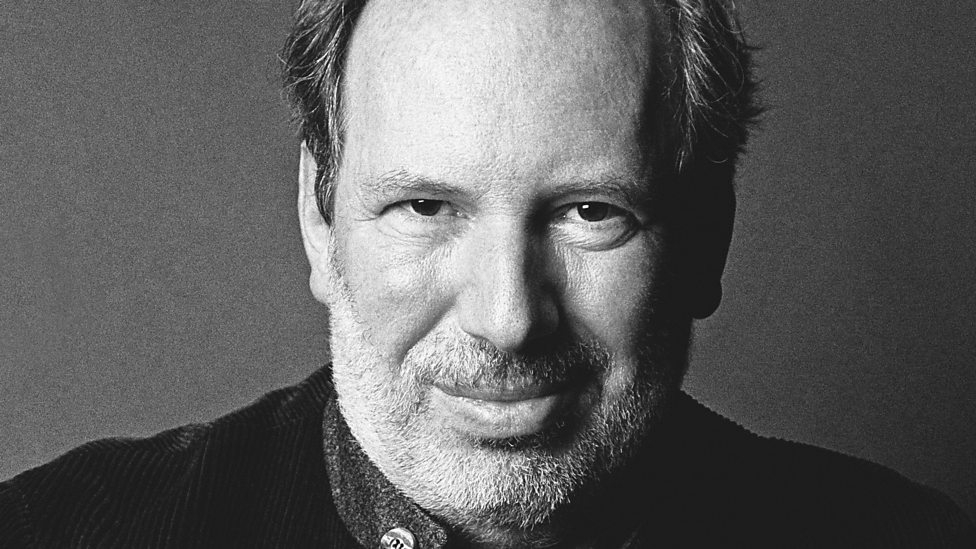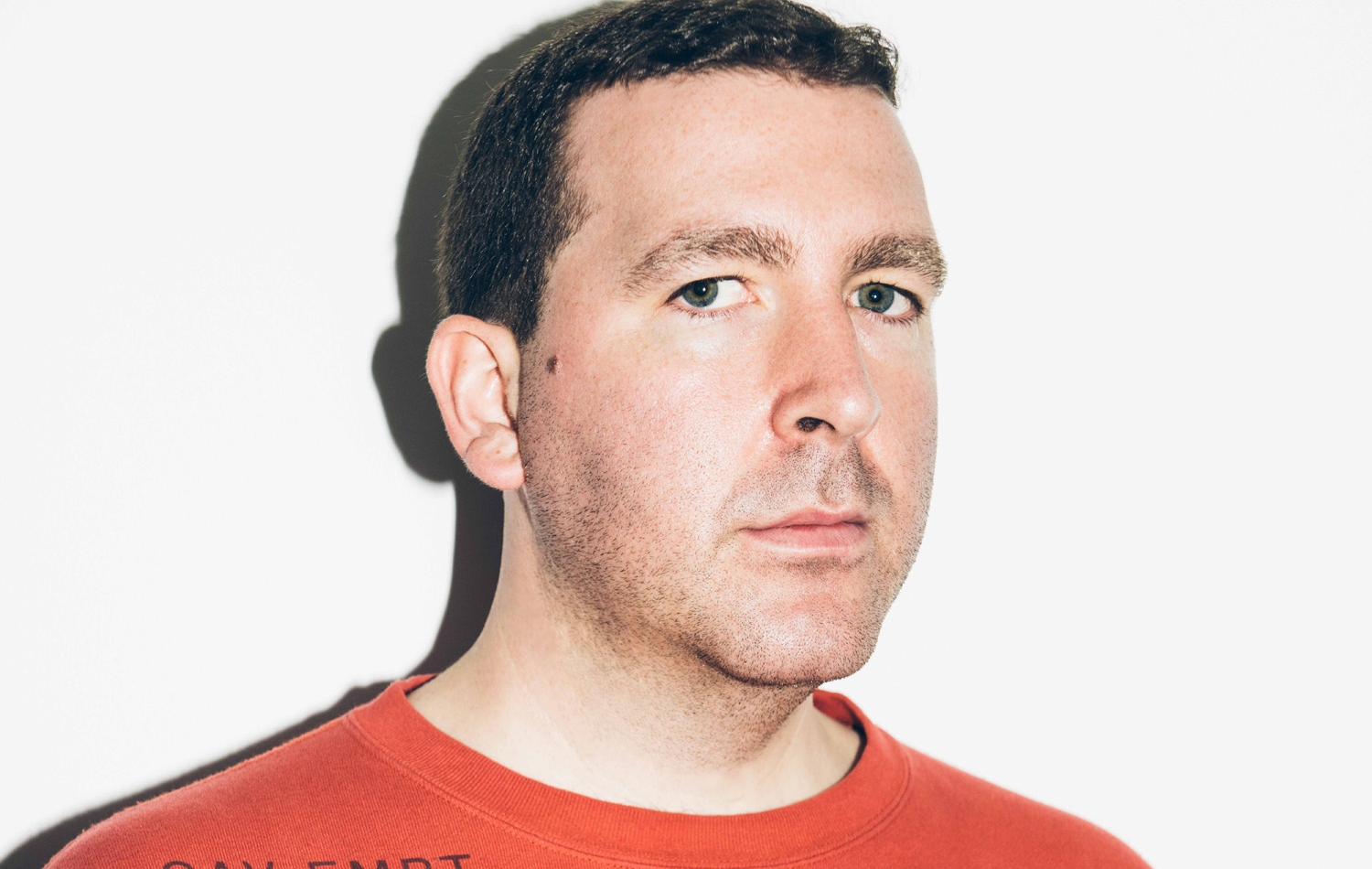These are practically the last words anyone expects to hear from one of the most acclaimed and prolific composers in the history of cinema – the great Hans Zimmer, who boasts an astonishing 179 composer credits on iMDB, including the Academy Award-winning score for The Lion King.
But in Zimmer’s eyes these feelings are quite natural, given that he never expected to grace a stage in front of a live audience to perform his work. In fact, he’s insistent that he had nothing to do with the idea.
“I’m innocent in this tour,” he says, currently on the road for the US leg of the Hans Zimmer Revealed circuit, which sees the German composer lead a 76-strong orchestra and band through some of his most popular compositions.
“I was just gonna carry on being a film composer and it was Johnny Marr and Pharrell [Williams] that ganged up on me and said, ‘Hans, you’ve gotta get out of this dark, windowless room – there comes a point in your life where you have to look your audience in the eye.’ And I’m going, ‘But I’ve got stage fright.’ They said, ‘Well, you can’t let that stop you, you can’t let fear stop your life.’
“They completely lied to me, because on the first night, I look out and where am I? I’m in another dark, windowless room – it’s just with a lot of people in it. I’m destined and doomed to an existence of dark, windowless rooms.”
The show’s title promises, at least, to get us inside that room and watch the composer in his element. But the title, too, was out of Zimmer’s hands: it was pitched to him by promoter and long-time friend Harvey Goldsmith, whom Zimmer has no problem allowing free rein.
“Forget about me for a moment,” Zimmer says. “I’m revealing all those amazing musicians that have played on these scores, that people have heard but never seen. What is amazing about them is they rock out.
“There’s something that happens – everybody around the world can go and see The Lion King either as a film or as a musical, and that first chant that happens, for instance, every kid knows this, everybody else knows this. But it’s always an actor doing it, as opposed to the guy that really did it. There is something that happens when you have the real authentic man playing it or singing it.”
Certainly, it helps to have the friends that Zimmer has collected along the way – conversations with Adele and Paul McCartney have helped to ease the stage fright somewhat – but the composer’s general approach to performance mirrors his behaviour in the studio. His way in is always through storytelling.
“A director phones up and he says, ‘Hans, I wanna tell you a story,’ and suddenly, Inception unfolds in front of you, or Interstellar, or Thelma & Louise, or Gladiator,” he says. “And as I’m listening, I start feeling things – I don’t hear the notes, but music is some weird, autonomous language to me, and I find the subtext, what’s the thing that they can’t elegantly tell in pictures and in words, what’s the bit left for me, what’s the underlying thing?
“And the underlying thing is to invite the audience in to have emotion, to have an experience, and I’m very careful not to be manipulative and not to be sentimental in the music, but just to, in a funny way, do something which creates an opening, a doorway, which you can walk through and gives you permission to feel something.”
Over the 33 years he has composed for film, the nature of Zimmer’s invitation to his audience has changed dramatically. His works have used everything from orchestral instruments to electronics and the human voice; even razor blades scraped across cello strings in the soundtrack for Christopher Nolan’s The Dark Knight.
“It got a little bloody,” says Zimmer of said razor. “It was rusty, as well. But here’s the thing: somebody has okayed us to spend $100 mil or something, and you do feel the weight of that on your shoulders. You’re supposed to be a bit reckless. You’re supposed to experiment, you’re supposed to go and come up with something new.”
By David Molloy







